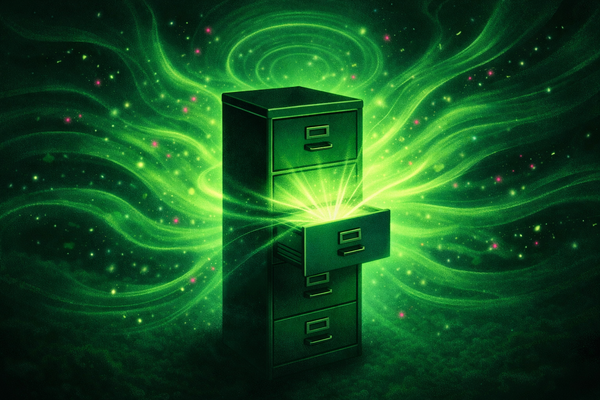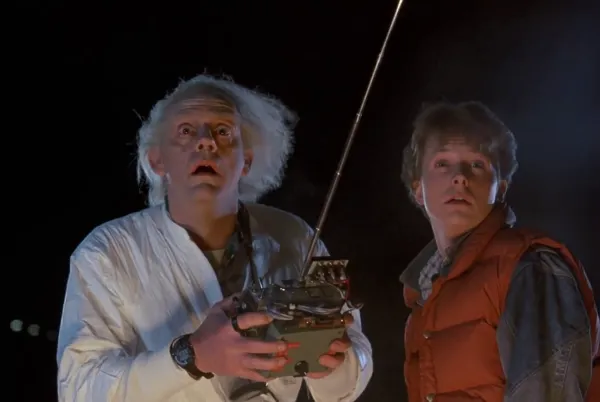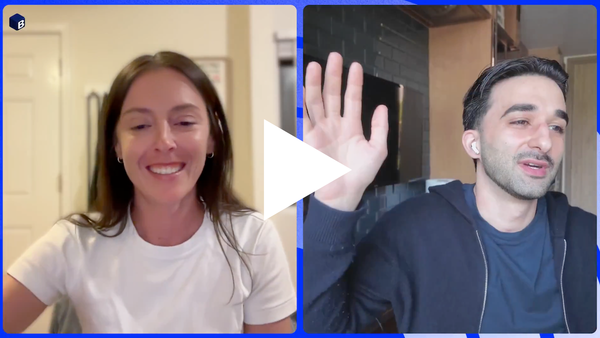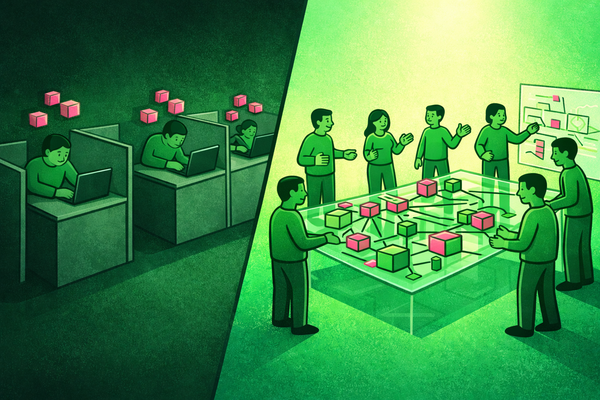5 Things You Should Know in AI This Week — October 24, 2025
Simplifying the noise. Here are five signals that matter for non-technical workers.
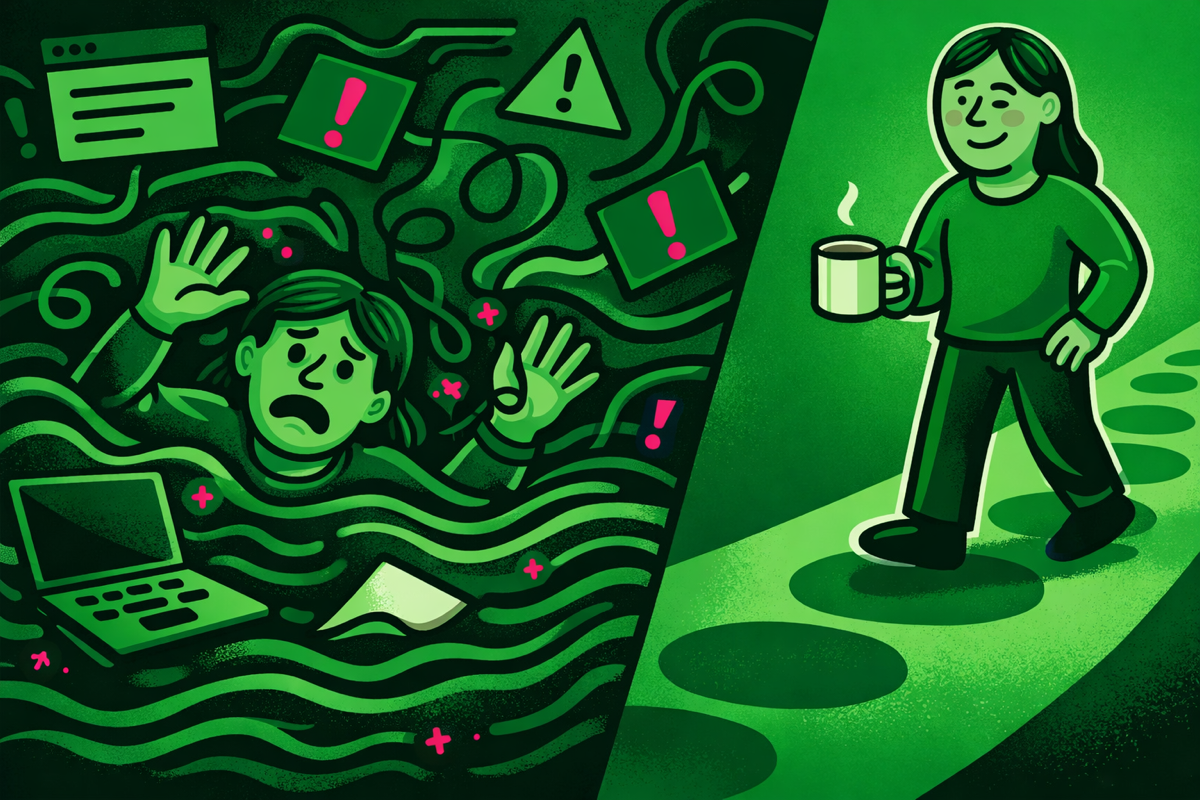
1. ChatGPT Becomes a Browser (ChatGPT Atlas)
OpenAI launched ChatGPT Atlas, an AI-powered web browser.
Atlas merges chat and search into one interface.
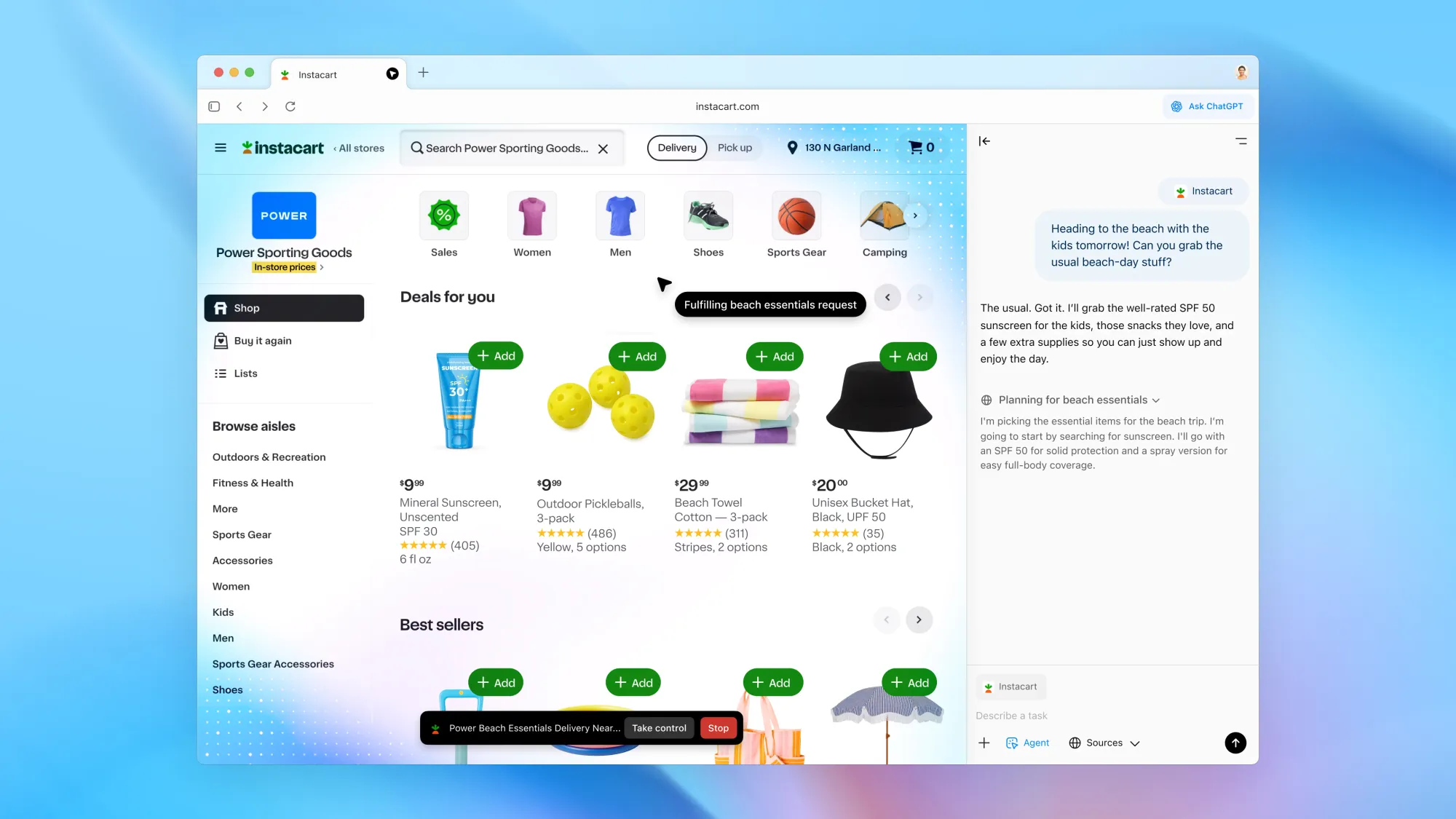
You can talk directly with web pages, pull answers from live sites, and perform clicks or tasks via "Agent Mode."
It remembers details from past browsing to personalize results.
Privacy controls let you limit what it retains.
The signal? OpenAI is making a play for the browser space.
But most people won't switch.
Chrome is already adding AI features.
And masses are unlikely to switch browsers unless they can do something crazy.
The AI browser space is getting crowded.
Perplexity launched Comet. Dia browser is also an AI-first alternative.
What matters more than the tool? The trend.
AI companies are trying to become the go-to interface itself.
They're trying to move beyond your chat window and be your everything system.
For now, you're probably fine staying where you are.
Unless Atlas introduces something that fundamentally changes your workflow.
2. Claude Gets "Skills" That Learn Your Workflows
Anthropic introduced Skills.
A way for teams and individuals to package internal know-how into Claude.
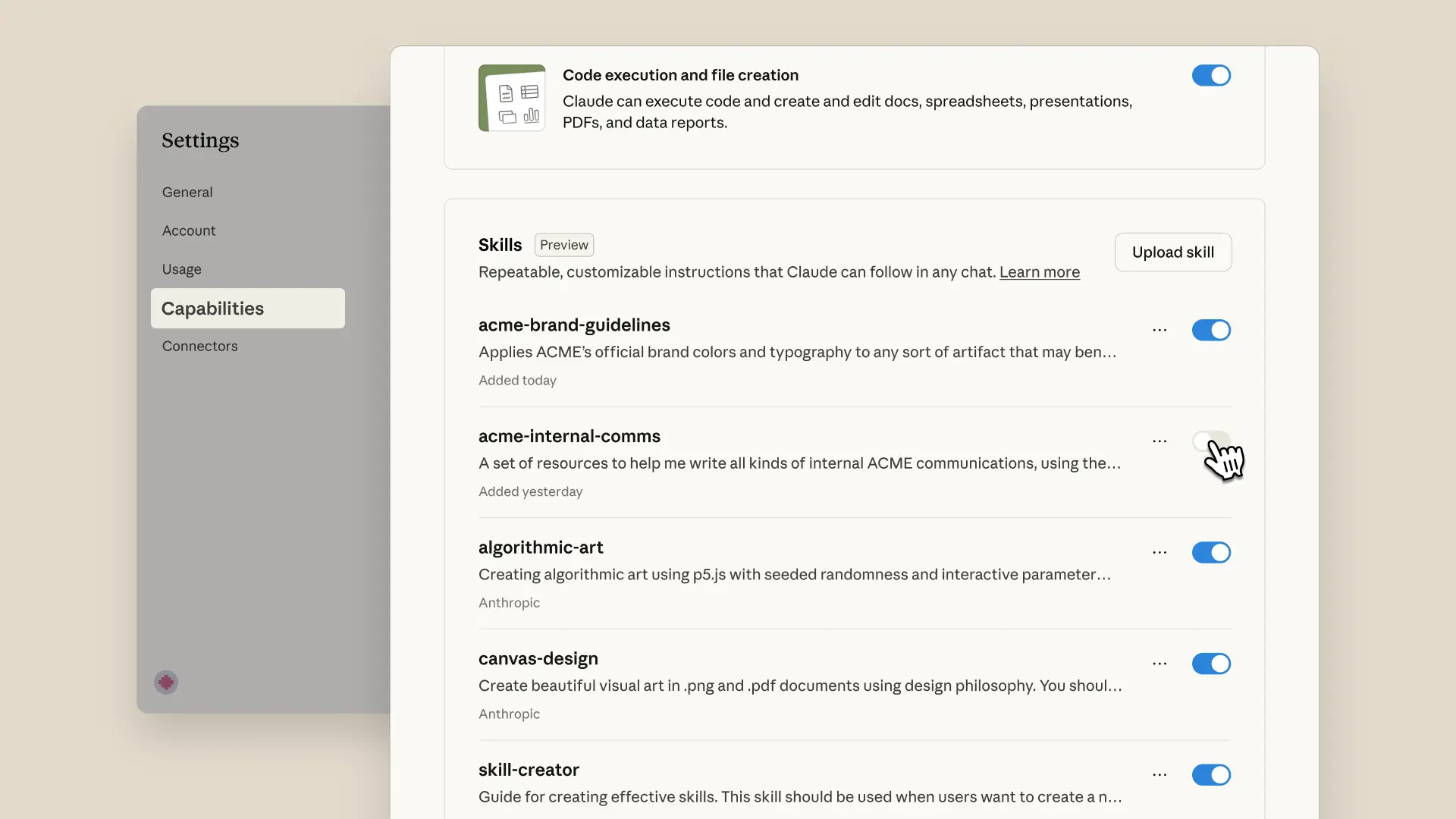
Each Skill can include instructions, code snippets, or templates.
Claude activates them automatically when working on a relevant request.
Teams can build them through a no-code creator.
Defining things like business playbooks, brand guidelines, and voice to create consistent AI outputs.
The signal? Updates like this help AI to feel less like a chatbot and more like a worker that remembers how your team operates.
Skills let you stop repeating setup work.
You set it up, Claude can use it to bring consistency to your tasks and team.
The catch? It's slightly too technical for non-technical users.
Slightly too basic for technical teams who already have workflows.
There's friction in the setup.
And right now, there's no clear owner on most teams for building these out.
But the value is legit.
Consistency across team members. Faster onboarding. Less repetitive work.
If your team uses Claude for Enterprise, this is worth exploring.
The challenge?
Figuring out who's responsible for documenting processes in a way AI can use.
3. Deepfake Crackdown Hits YouTube and OpenAI
After a wave of AI-generated videos, YouTube intro'd a likeness-detection system.
Creators can now request takedowns of AI-made videos using their face or voice.
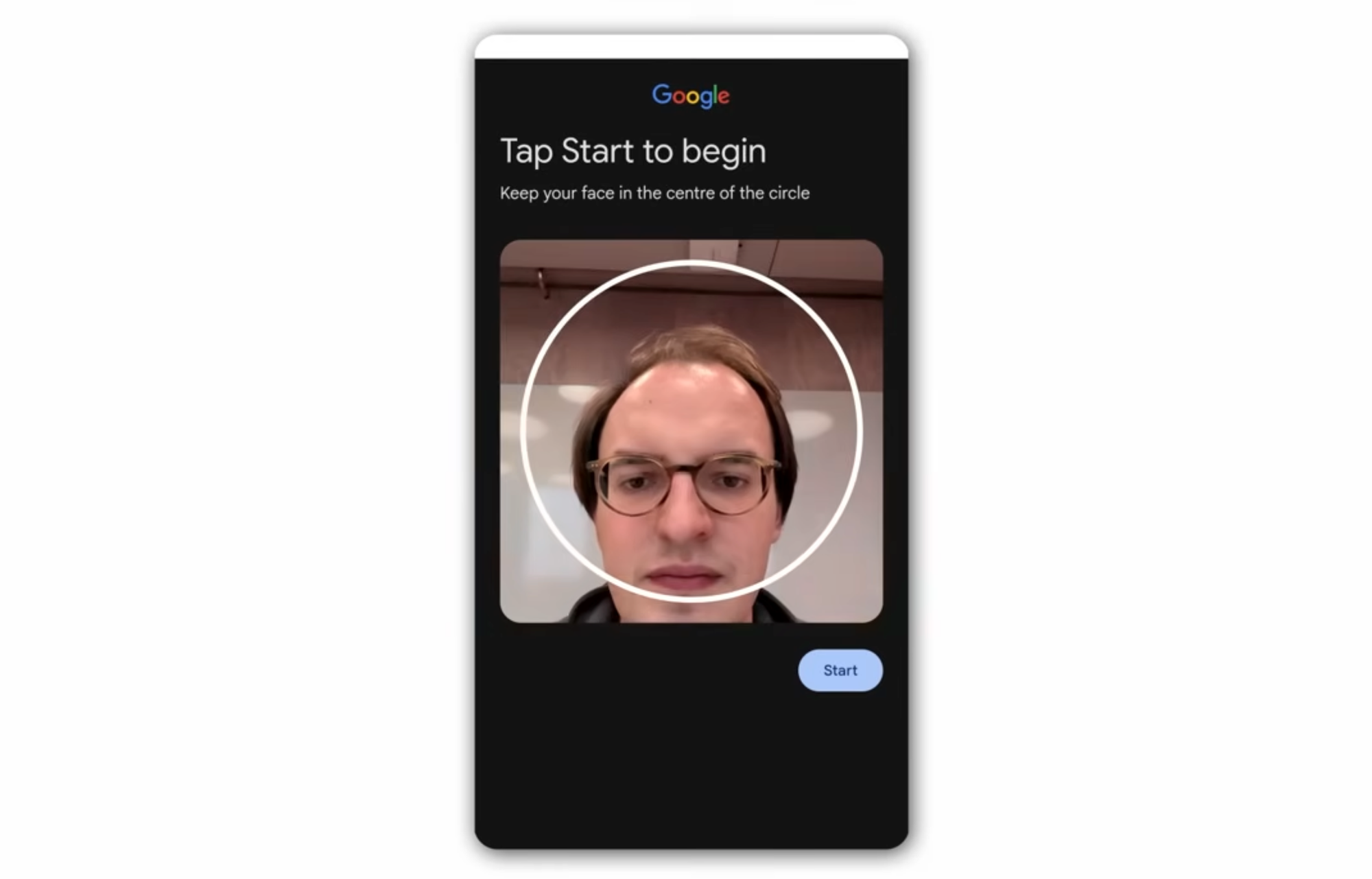
OpenAI also committed to new guardrails for Sora 2, its viral video gen app.
This comes after they flack for people creating videos with others' likenesses.
This time, they joined forces with actor unions to require consent for likeness use.
The signal? In OpenAI's case, they're moving fast and correcting course later.
This isn't an isolated incident.
We've seen it with training data disputes.
We've seen it with licensed IP showing up in image generation.
Launch the product. Deal with backlash. Add protections after the fact.
It's not about being reckless.
But they're prioritizing speed over safeguards.
The market rewards first movers and the legal framework is still catching up.
For teams using AI-generated content (avatars, voiceovers, images, videos) this is a reminder.
Just because AI can create something doesn't mean you're legally allowed to use it.
If it has someone's likeness, voice, or IP, you could be stepping into risky territory.
4. Pinterest Pushes Back on AI "Slop"
Pinterest added a "Customize Your Feed" slider.
Users can control how much AI-generated imagery they see.
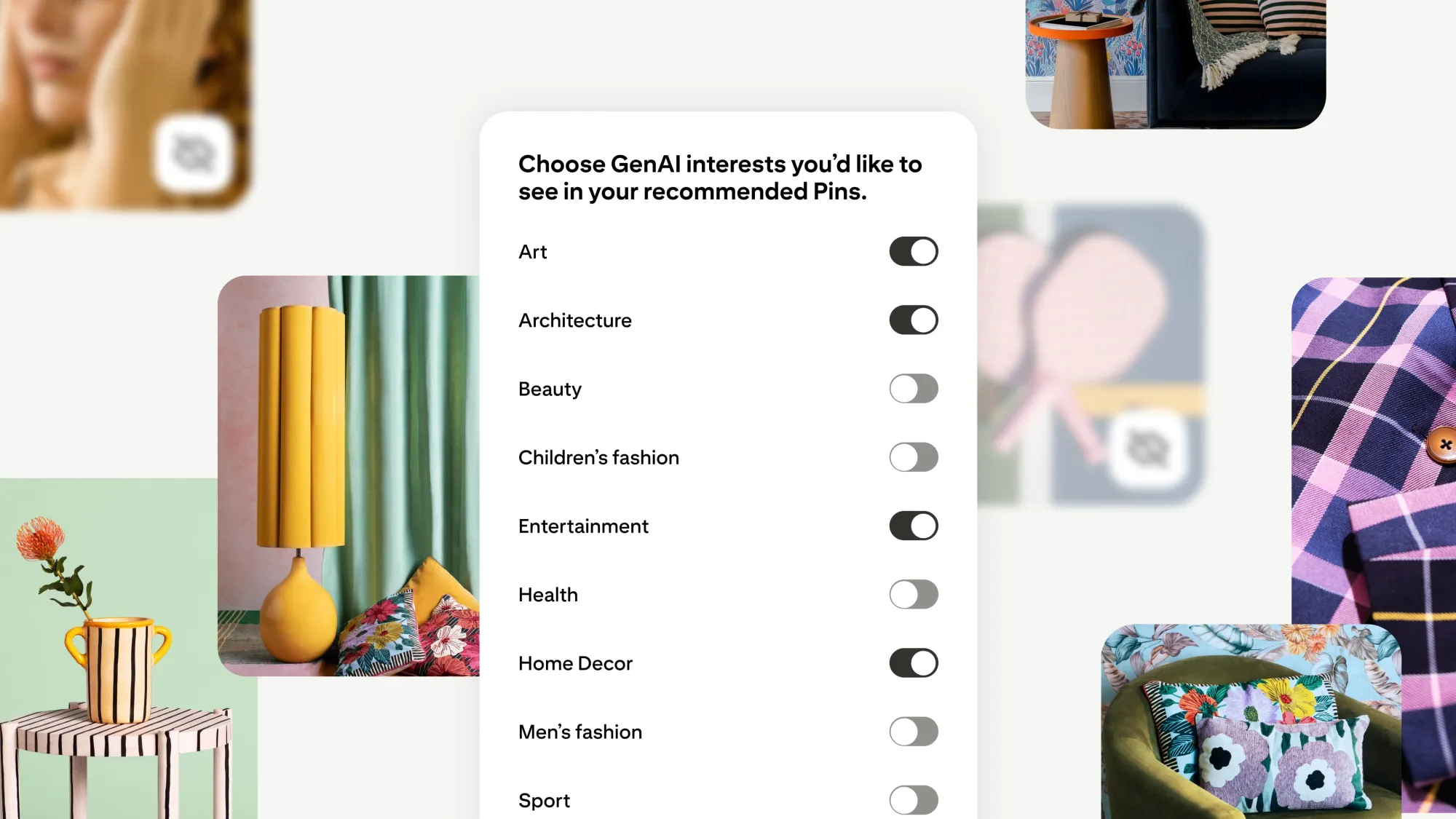
Every AI-made image gets a label.
A rare example of a platform giving users creative control instead of relying on algorithmic guessing.
Meanwhile on X, Elon Musk announced plans to overhaul the recommendation algorithm.
He's handing feed control to its AI model, Grok.
Likes, replies, and reposts will still exist.
But they won't determine what surfaces. Grok will.
The signal? User behavior is fragmenting across platforms.
So are content strategies.
Platforms have always adjusted algorithms.
Sometimes to the benefit of brands, sometimes to their detriment.
But with AI controlling more of the feed logic, those changes will be complex.
Algorithms may tailor content to the user rather than broad engagement signals.
That makes it harder to reverse-engineer what works.
For teams managing content across platforms, strategies won't be as cookie-cutter.
Platform changes may happen faster and with less transparency.
Users will demand more control as AI content continues to grow.
As these algorithms change, people will want to understand why they're seeing what they're seeing.
That's a tricky balance for platforms.
It's going to be an ongoing tension.
5. The Numbers Behind AI Use and Attention
Three stats that caught my attention this week:
- ChatGPT now performs searches in nearly one-third of prompts, averaging two searches per query.
- The way people use ChatGPT is sourcing info is evolving
- It's answering from memory less and pulling live info more
- ChatGPT mobile app engagement is down: 8% drop in downloads and 20–22% decline in session length since July.
- This doesn't mean people are abandoning AI, just using it different
- It's now embedded in browsers, productivity tools, and search engines
- Users could also be trying competitor tools now that they have familarity
- Wikipedia human pageviews fell 8% year-over-year as users rely on AI-generated answers instead of visiting the site directly.
- AI is becoming the distribution channel, but the content is still needed
- Wikipedia still feeds much of what AI models reference
- This raises questions how platforms sustain themselves
- One other signal to watch: Elon Musk is working on Grokopedia, an alternative to Wikipedia, which could be another source to feed AI


